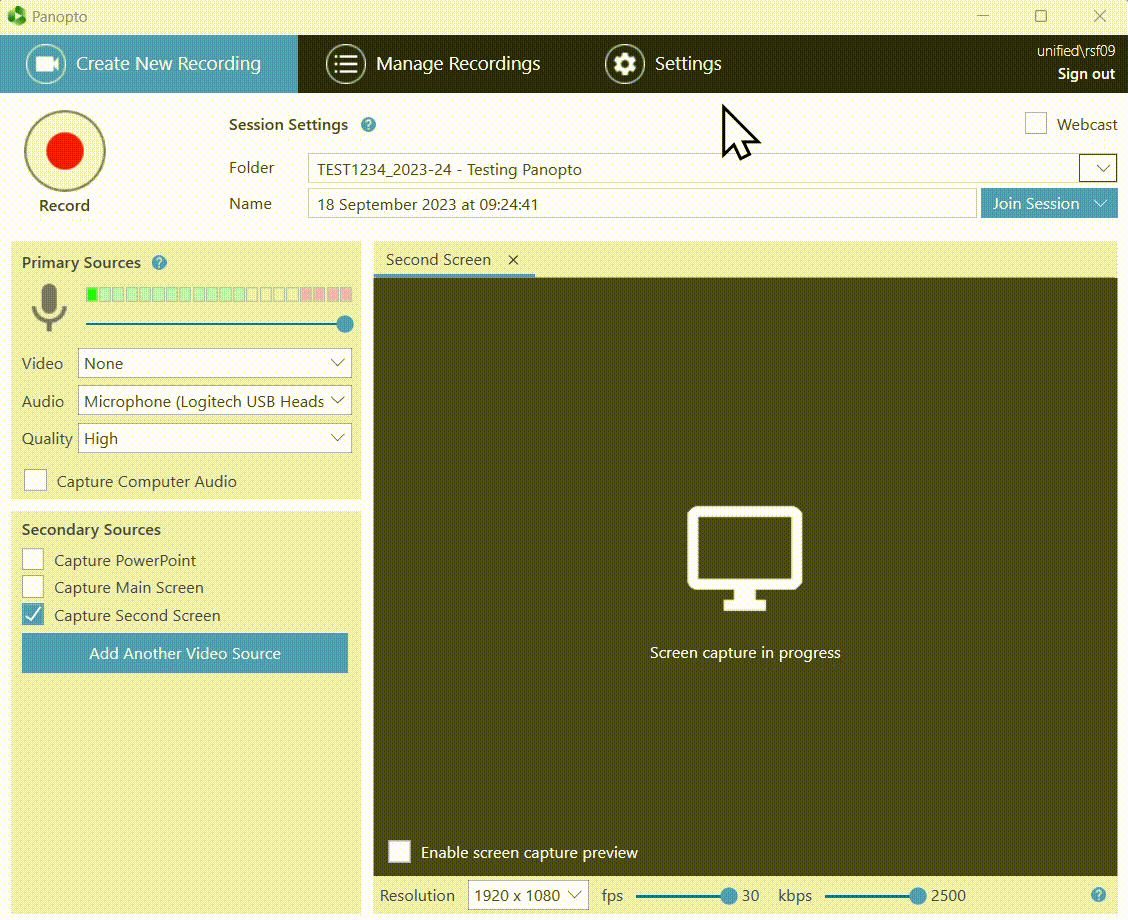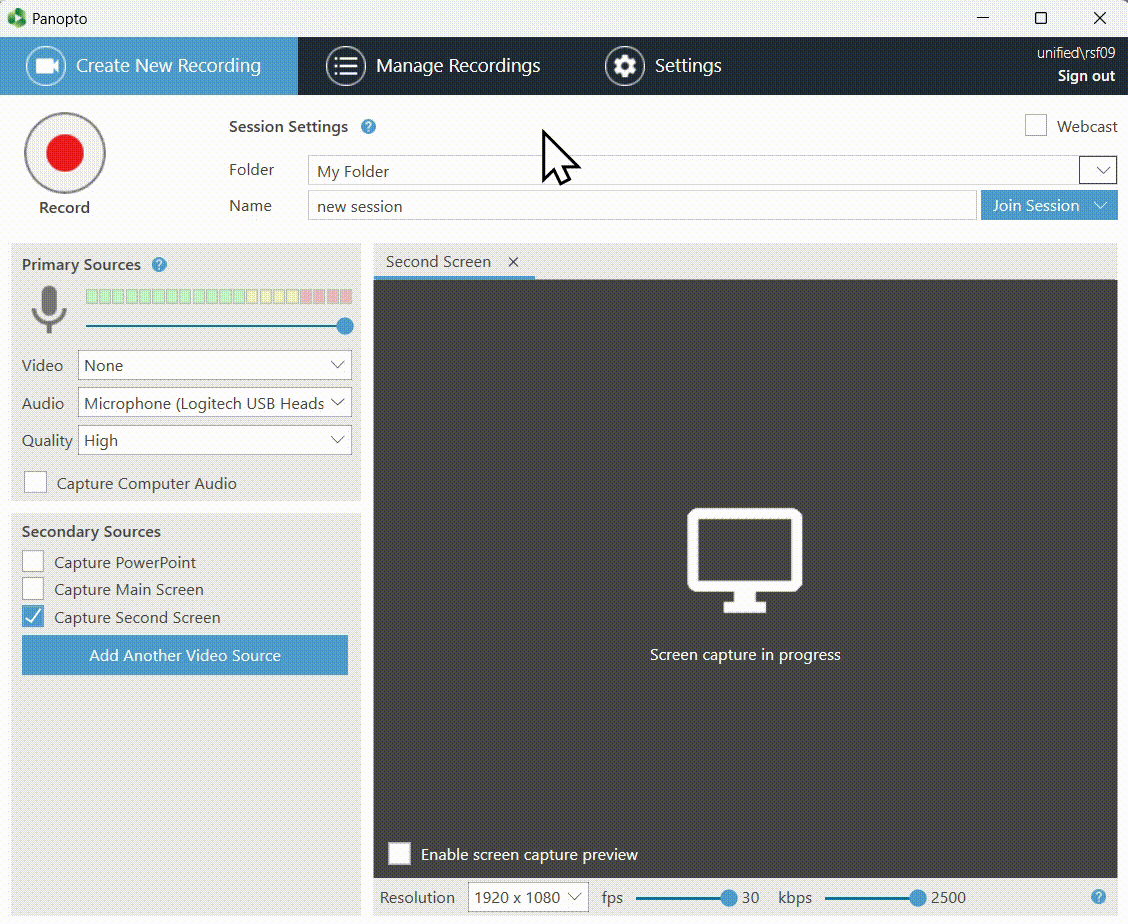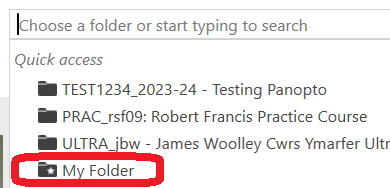
The University has a subscription to Vevox Polling. You can run polling activities in your classroom with participants using mobile devices.
Vevox’s update for summer 2024 includes some new functionality that we wish to draw your attention to.
New question type: Rating scale Poll
This question type allows you to set a rating scale from 1 to the highest value. You can rename the bottom of the scale and the top of the scale and add multiple items to the rating.
This question type would be useful for activities such as muddiest point or identifying topics for revision.
You can replace the rating scale with a star rating instead.
To use the rating scale question, select create new and choose Rating Scale from the question type menu.
Images as choices in multichoice polls
You can give your respondents the option to choose an image as a selection in the multichoice style question.
Rather than entering text, images allow you to create a more visual response to the question type.
You can use the Unsplash image library to help you find images relevant to your questions.
Question specific settings
Previously the settings that you applied to your poll applied to all questions. Now there’s functionality to choose different settings for different poll questions.
You can choose to amend:
- The display of real-time results
- The display of results on poll close
- Different countdown timer music selection
- Automatic countdown timer
To amend settings on individual questions, choose Use custom settings for this poll in the question interface.
Multiple Survey/ self-paced quizzes
For colleagues who make use of self-paced quizzes and surveys, it’s now possible to run more than one at a time. This means that you can embed them across different modules.
Shuffle Survey questions
If you want to randomise the order in which survey questions appear, select Shuffle question order on the Survey interface.
Image history
Vevox will now save images that you upload to use in Polls. This will help save time with uploading and recreating questions.
See our support pages for using Vevox. You can also read previous updates on the blog.
Vevox run regular webinars on how to use the software. Sign up for these online.
If you have any questions, contact the Learning and Teaching Enhancement Unit (elearning@aber.ac.uk).








